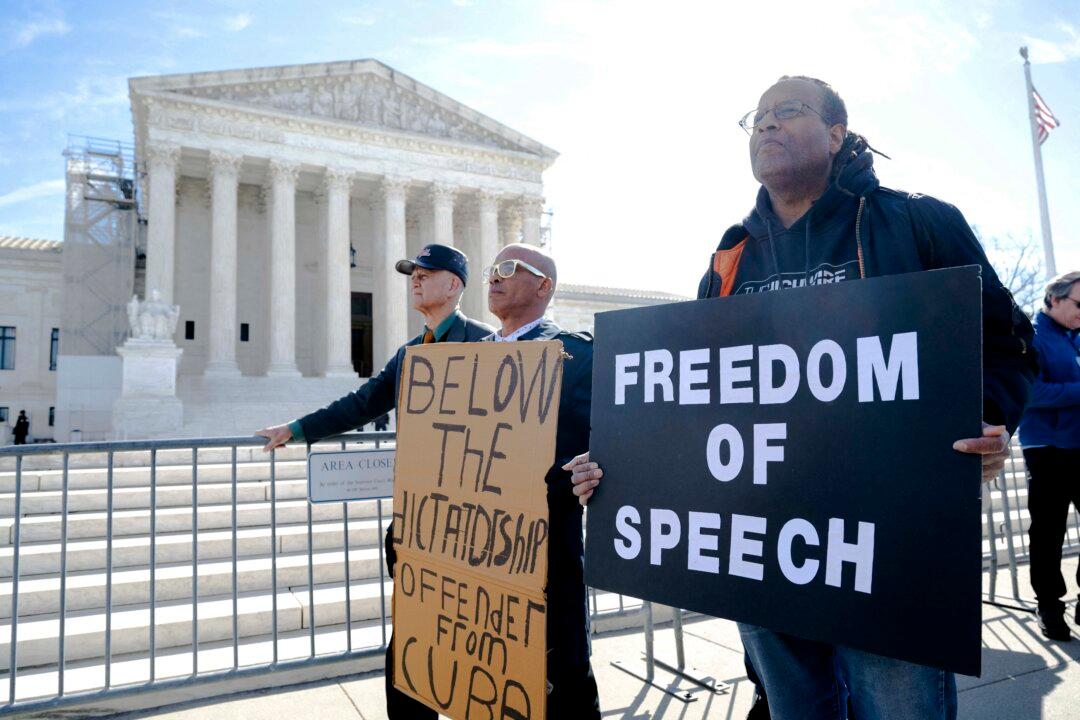April Babcock is a grieving mother on a mission—to save others from the pain she experienced on Jan. 26, 2019, when her son, Austen, took what he believed was cocaine. Unbeknownst to him, it was laced with a lethal dose of illicit fentanyl. He died shortly after.
To raise awareness, Babcock started the Lost Voices of Fentanyl Facebook group in 2020. Today, it has more than 25,000 members, showing that Babcock’s story of loss is far from unique—every year, thousands of people die from fentanyl poisoning.





